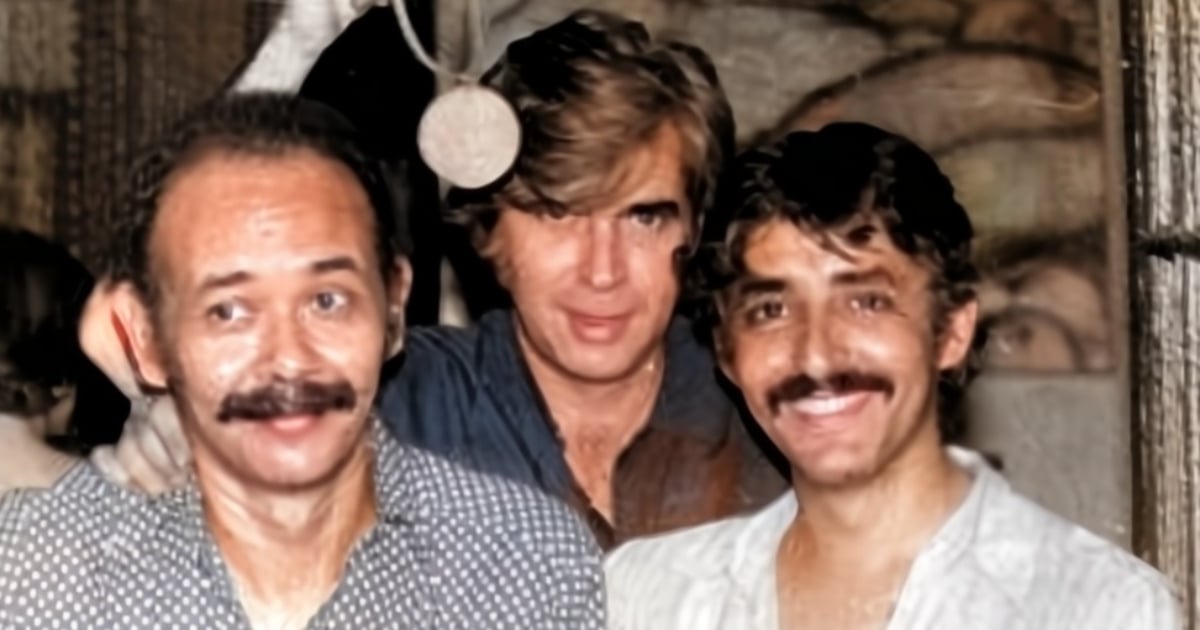José "Pepe" Horta, a prominent Cuban cultural figure, art collector, and entrepreneur, passed away at the age of 72 at his residence in Vedado, Havana, reportedly from a heart attack. His death, reported by the news portal Café Fuerte, marks the end of a life dedicated to the advancement of Cuban art and culture both on the island and among the diaspora. This dedication was often overshadowed by the challenges of a totalitarian regime, ultimately leading him to exile after being a high-ranking official in Cuba's cultural sector.
Horta played a significant role at the Instituto Cubano del Arte e Industria Cinematográficos (ICAIC) and was a close collaborator and personal friend of Alfredo Guevara, the institution's founder. From the 1970s, he held several pivotal positions, including Director of International Relations and the International Festival of New Latin American Cinema. Among his notable achievements was supporting films like "Strawberry and Chocolate" (1993), which challenged social intolerance and the persecution of homosexuals in Cuba, earning international acclaim.
A Break with Cuba
In May 1994, during the Cannes Festival, Horta announced his decision not to return to Cuba. This decision coincided with a period of social turmoil on the island, including a rise in incidents involving refugees seeking asylum at foreign embassies. In interviews, he expressed his frustration with the worsening conditions in Cuba, stating, "things have gotten much worse in recent months." This marked his departure from ICAIC and the official cultural scene, though he remained committed to promoting Cuban culture from abroad. His relationship with Guevara, while close, experienced strain due to internal power dynamics at ICAIC and the political pressures of the time.
Revitalization in Miami
After relocating to the United States, Horta established the iconic Café Nostalgia in Miami's Calle Ocho in 1994. This bar-cabaret became a cultural hub for the Cuban diaspora, reviving traditional Cuban music and art from the republican era. Both established and emerging artists found a platform here to reconnect with their roots and audiences. Café Nostalgia's influence extended beyond Miami, attracting international entertainment figures and contributing to the resurgence of interest in classic Cuban music. Later, Horta attempted to replicate this success with a venue in Miami Beach, but the venture did not achieve the same impact, leading him to sell both businesses, as noted by Café Fuerte editor, Cuban journalist Wilfredo Cancio Isla.
The Legacy of a Visionary
Horta was also recognized for his extensive collection of contemporary Cuban art, a source of envy among other officials and speculation about its origins, which led to an investigation of his assets following Guevara's passing. The director of ICAIC, a Communist Party member and close ally of dictator Fidel Castro, was another avid art collector, notorious for his aggressive pursuits among artists, regime elites, and State Security officers.
In 2019, Horta brought his artistic vision to life with the creation of Villa Café Nostalgia in Viñales, Pinar del Río. This venue blended his love for art and nature, offering concerts, cultural activities, and a unique rural Cuban experience. In recent years, he divided his time between Miami and Havana. Despite falling victim to a violent home invasion in Cuba, he continued to energetically promote Cuban culture. His passing has sparked an outpouring of condolences on social media, with friends, artists, and former colleagues sharing memories and tributes to his life and legacy.
Pepe Horta's Impact on Cuban Culture
What role did Pepe Horta play in Cuban cinema?
Pepe Horta was a key figure at the ICAIC, where he held significant positions such as Director of International Relations and was instrumental in promoting films like "Strawberry and Chocolate."
Why did Pepe Horta decide not to return to Cuba in 1994?
Horta decided not to return to Cuba due to the deteriorating social conditions and his frustration with the prevailing situation on the island.
How did Café Nostalgia contribute to Cuban culture in Miami?
Café Nostalgia served as a cultural hub in Miami, revitalizing traditional Cuban music and providing a stage for artists to connect with their heritage and audiences.
